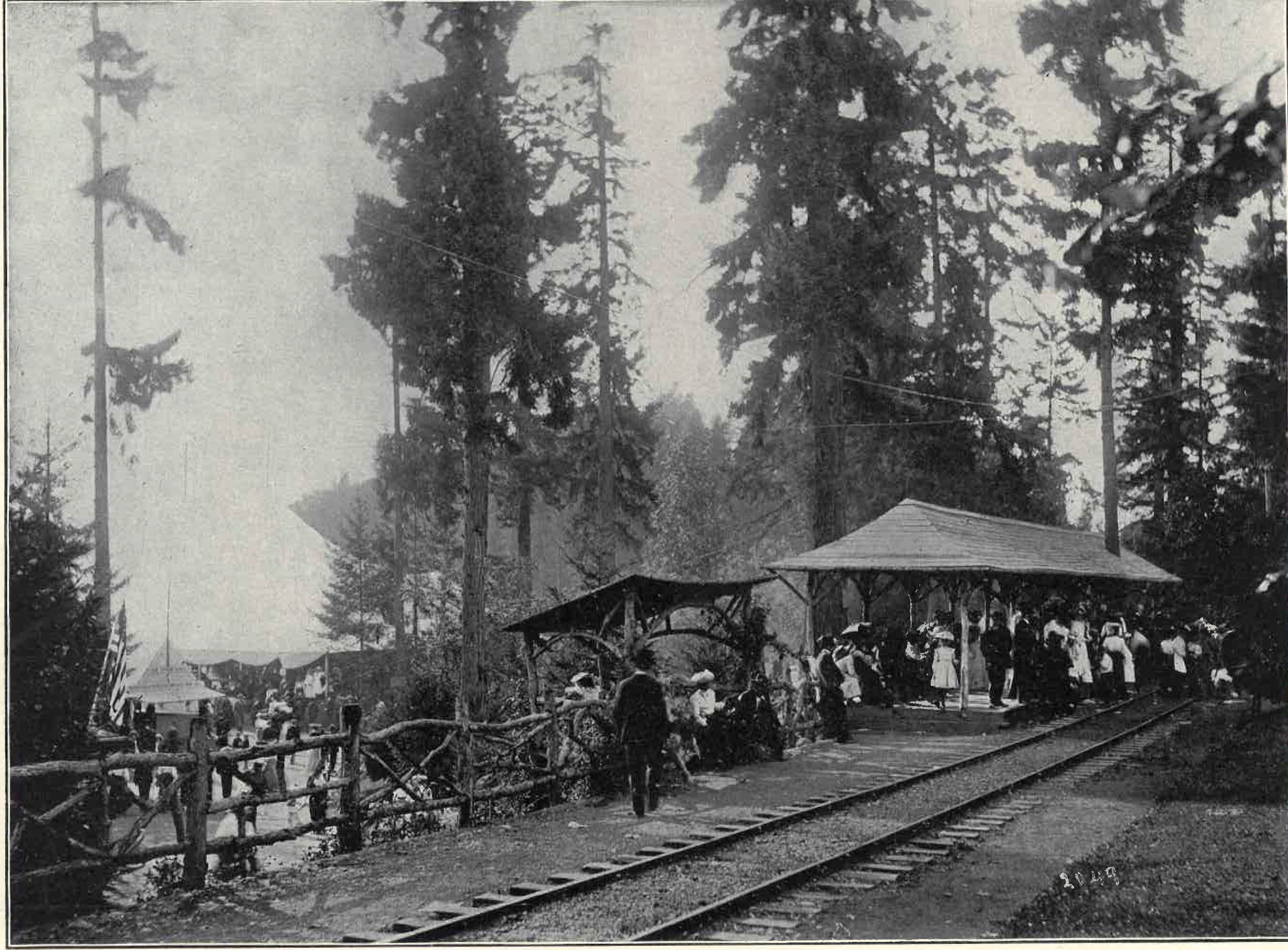You probably don’t want to see your name inside our paper
By Morf Morford
Tacoma Daily Index
To put it mildly, The Tacoma Daily Index is a oddity. Unlike most, if not all other newspaper and magazines, we don’t take paid advertising – you won’t see full-sized insert ads for car dealerships or marijuana shops within our pages.
We have a unique business model. We are not a “free” paper like several others around Pierce County. We are subscription based.
And, perhaps most odd of all, like some prominent magazines, no one subscribes or reads us for the articles.
Some have described The Index as Pierce County’s ultimate gossip sheet.
And perhaps it is. Where else can you find not just announcements of new businesses and public notices regarding everything from public auctions of privately owned estates to city, county or state office disposals of surplus property or equipment?
You can also see the barest, most minimal accounting of personal or financial catastrophes – marriages “dissolved,” bankruptcies, foreclosures and, of course, probate.
You can also find the bare facts on civil or criminal cases before various courts including Federal and Superior.
For those with eyes to see – or with a highly specialized purpose, The Index holds a wealth of information.
But since we are subscription based, most people rarely see it. Our paper may be found in the lobbies of attorneys, city or county agencies or perhaps contractors – and a few newspaper boxes around town.
In other words, we are the ultimate in-house, need-to-know, bad news, golden opportunity newspaper.
We have also been around almost as long as the state. (1*)
We are probably Tacoma’s oldest newspaper most people have never heard of.
The Index has been publishing for Tacoma and Pierce County since 1890.


Tacoma has changed over those decades, but, for the most part, the ever-churning tide of human events, idealism and folly never seems to falter.
Sometimes, like during recessions, our pages expand to fit the ever-increasing legal framework and foundation behind every business expansion, acquisition or foreclosure.
You won’t find speculation, warnings or even advice on our pages – only facts.
You may not like them – and you might find some surprises there – and some yet-to-be discovered business opportunity, but you can count on the announcements on our pages.
Legal researchers scour our pages. Mainstream national, even international media, call us to confirm, refute or initiate a story.
You could call us “the little paper that could”. Newspapers around here, and across the world, have come and gone. Few have endured as long as we have.
Newspapers, like any business, need to find their niche in the economic ecosystem. Some do and the larger economy falters or the market or technology changes. Others fail as any business might – from poor management or just plain bad luck.
One way or another 1,400 cities and towns across the U.S. lost a newspaper over the past 15 years.
Newspaper circulation in the U.S. has fallen every year for three decades, while advertising revenue has dropped dramatically since 2006, according to the Pew Research Center.
Staffing at newspapers large and small has followed that grim trendline: Pew says the number of reporters, editors, photographers and other newsroom employees in the industry fell by 45 percent nationwide between 2004 and 2017.


Pt. Defiance to Spanaway Lake.
The whole idea of news – and print newspapers – has shifted.
Local newspapers used to be the public pulse of a community.
I was sorry to not renew my subscription to our local daily newspaper. But it became smaller – and more expensive with every issue.
Full-page ads for car dealerships became the norm. Most Associated Press articles were old news by the time the newspaper published them.
And, for whatever reason, delivery become more erratic.
I, like most readers, was sorry to see it go. To not renew my subscription was like losing an old friend. It was as if the newspaper, like so many others, had initiated an unstoppable death spiral. (2*)
Suddenly, when newspapers lost their place as the common face and voice, there was no shared sense of what was going on in our communities. Everyone, it seemed, had retreated into their own filtered (and often biased) information bubbles.
You don’t need to be a researcher to see that this is not a good sign for any culture or community.
In fact I would say that the health of a local newspaper is the best barometer of the health of any community. Local newspapers are the tangible documentation of a community in transition; the openings and closings of businesses, the accomplishments and transitions of local residents – and students of all ages.
Any family or community is built around what is shared. If basic information is not shared in a public, common forum, we become more insulated – and isolated – and even distant from our neighbors.
The irony is that many people want a local print newspaper – but probably not enough willing subscribers to pay for it.
What newspapers need is a completely different business model.
I’m not at all convinced that the “free” model (usually packed with ads and often found scattered all over local businesses or even streets) is a workable, profitable or appealing model.
Maybe a business model closer to Tacoma Daily Index would work. With a core economic base, maybe the Index could expand (slowly) into other areas of news.
After all, if we’ve survived wars, recessions and global depressions for 129 years, we might be in a position to survive a few more decades.
(1*) Washington became a state (the 42nd) in 1889. We are the only state named after a president.
(2*) To see the depressing documentation of the decline of newspapers, look here – http://newspaperdeathwatch.com/.








